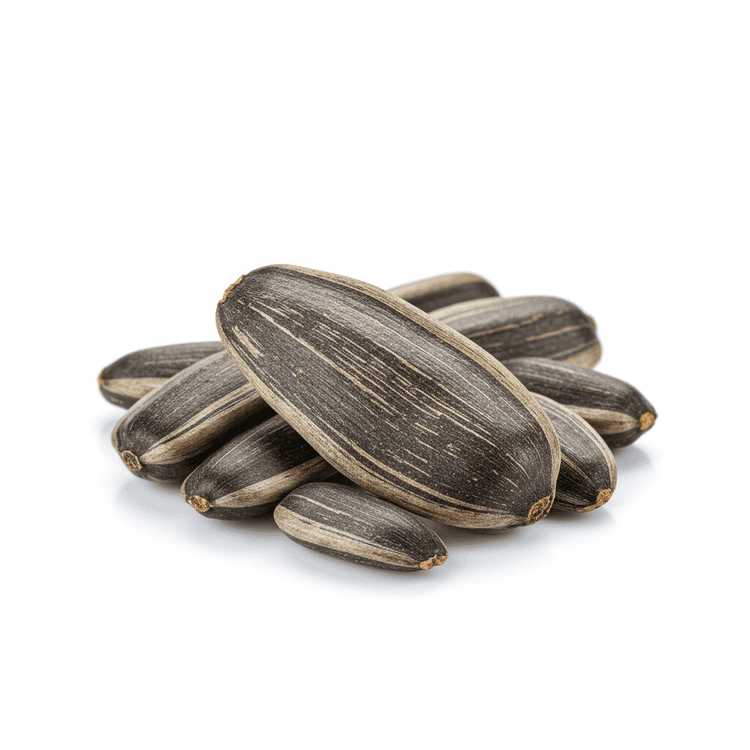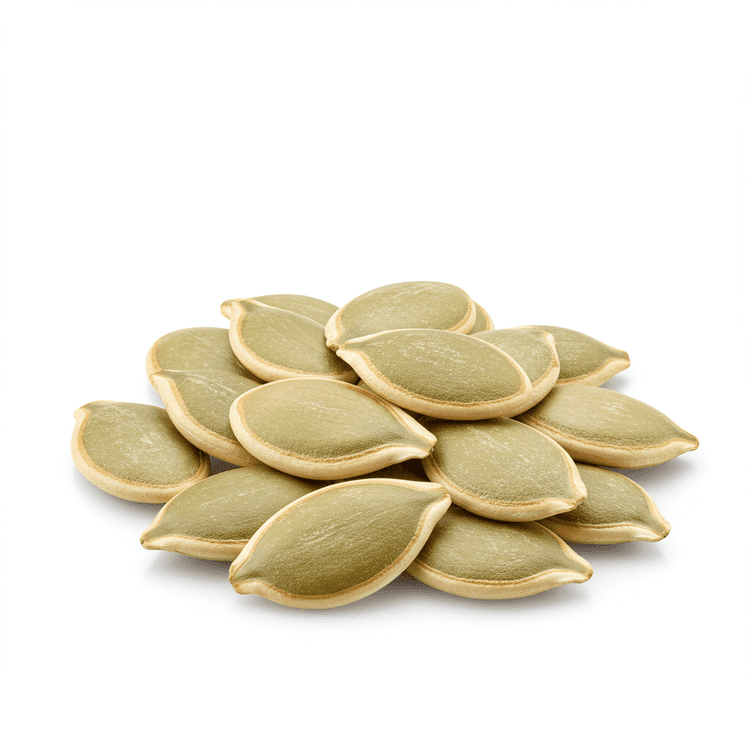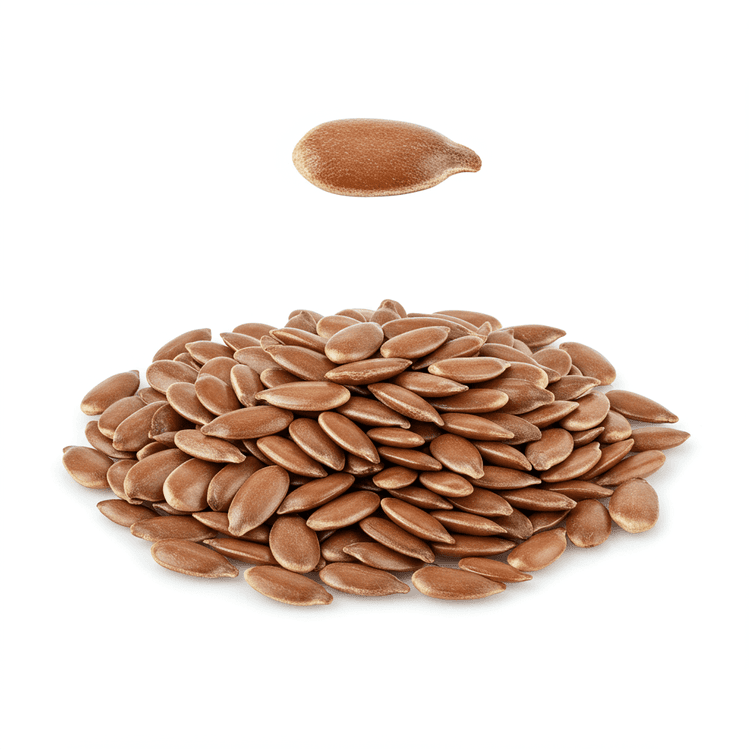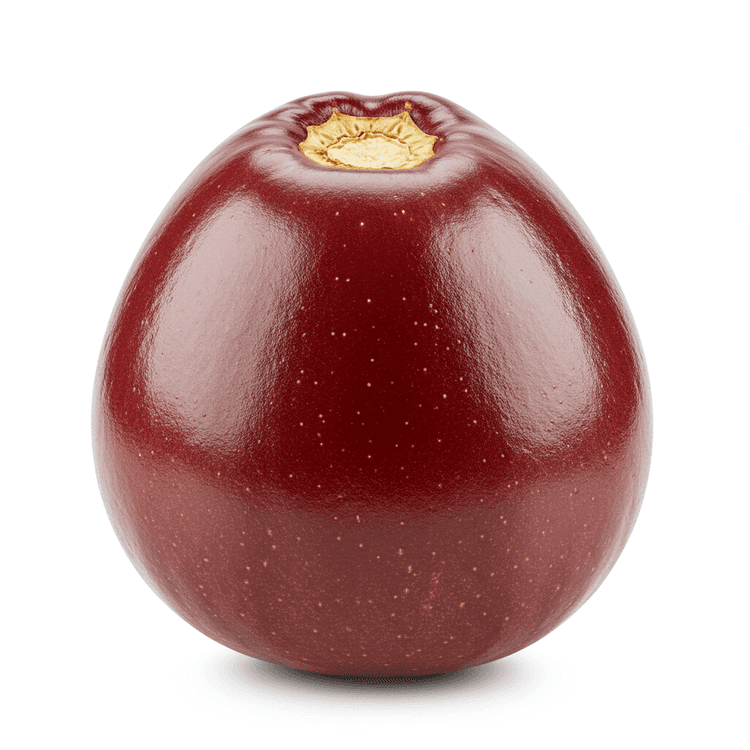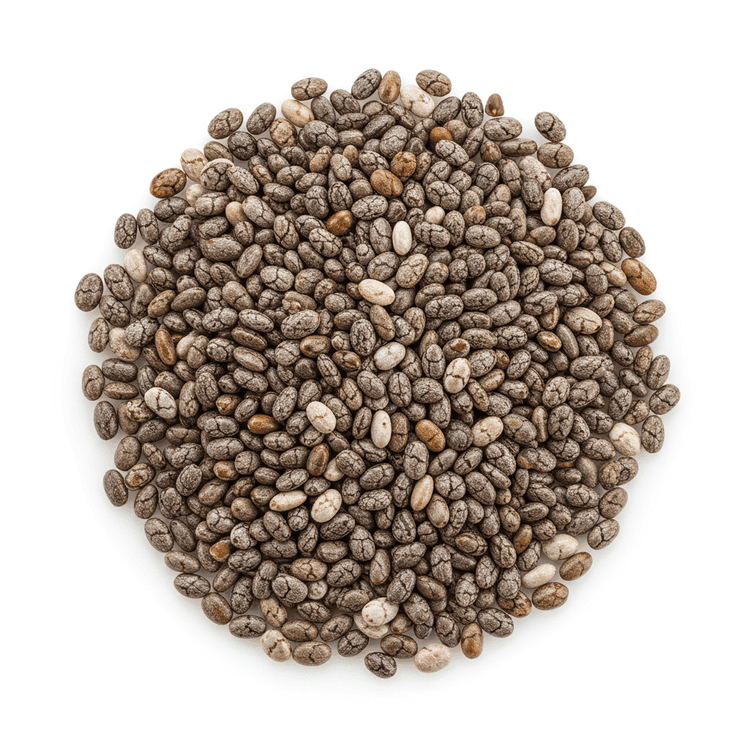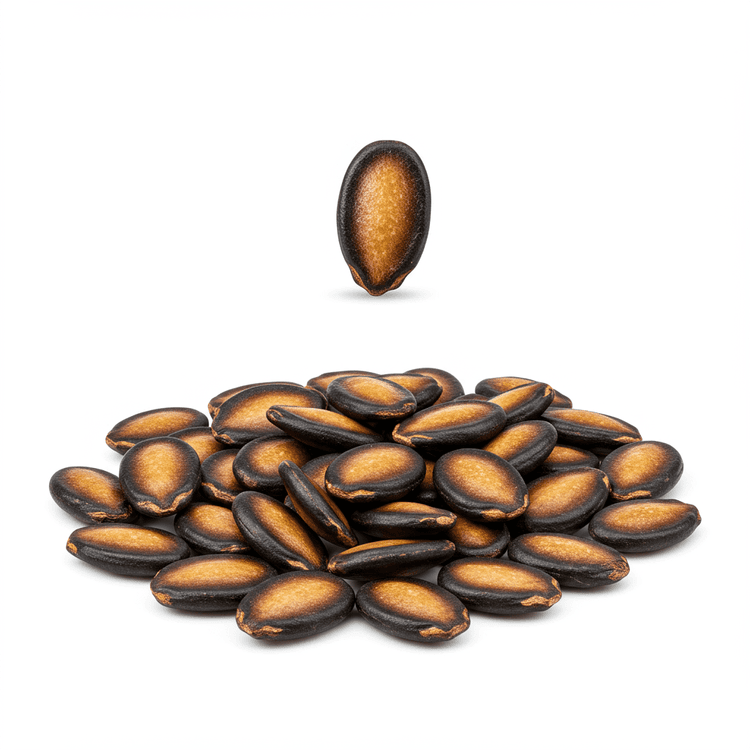
Watermelon Seeds
Watermelon seeds are small, tear-shaped seeds found inside watermelons. Often discarded, they are actually a nutritious and edible snack. Raw watermelon seeds are typically black and have a mild, slightly nutty flavor. When roasted, they become crunchy and develop a more pronounced nutty taste. They can be enjoyed as a healthy snack or used as a topping for salads and other dishes. Looking to add a boost of nutrients and a satisfying crunch to your diet? Discover the versatility of watermelon seeds!
Common Uses
- Roasted watermelon seeds are a fantastic healthy and crunchy snack. Simply toss them with a little salt and your favorite spices, then roast them in the oven until golden brown and crispy for a satisfying treat.
- Watermelon seeds can be ground into a flour and used in baking. This flour can be added to breads, muffins, and other baked goods to increase their nutritional value and add a slightly nutty flavor.
- Sprinkle watermelon seeds on top of salads to add texture and a boost of nutrients. Their crunchy texture complements leafy greens and other salad ingredients perfectly.
- Watermelon seeds can be added to smoothies for extra fiber and protein. Their mild flavor won't overpower the taste of your smoothie, but they will add a nutritional boost.
- Use watermelon seeds as a garnish for soups. A sprinkle of roasted seeds adds a crunchy texture and visual appeal.
- Add watermelon seeds to homemade trail mix to add protein and healthy fats. Combine them with nuts, dried fruit, and other seeds for a nutritious and satisfying snack.
Nutrition (per serving)
Nutrition (per serving)
Calories
602.3kcal (30.11%)
Protein
28.3g (56.6%)
Carbs
15.3g (5.56%)
Sugars
7.3g (14.6%)
Healthy Fat
37.9g
Unhealthy Fat
8.6g
% Daily Value based on a 2000 calorie diet
Nutrition (per serving)
Calories
602.3kcal (30.11%)
Protein
28.3g (56.6%)
Carbs
15.3g (5.56%)
Sugars
7.3g (14.6%)
Healthy Fat
37.9g
Unhealthy Fat
8.6g
% Daily Value based on a 2000 calorie diet
Health Benefits
- Rich in magnesium, supporting nerve and muscle function, and blood sugar control.
- Excellent source of protein, contributing to muscle building and repair.
- Contains healthy fats, including monounsaturated and polyunsaturated fatty acids, beneficial for heart health.
- Good source of iron, which is essential for carrying oxygen in the blood and preventing anemia.
- High in zinc, important for immune function, cell growth, and wound healing.
- Provides antioxidants that help protect against cell damage and reduce inflammation.
Chefadora AI is here.
Experience smarter, stress-free cooking.
Storage Tips
To maximize the shelf life of watermelon seeds, store them in an airtight container in a cool, dark, and dry place. Roasted watermelon seeds can be stored at room temperature for up to a month, or refrigerated for up to 3 months. For long-term storage, freezing watermelon seeds can extend their usability up to a year, preserving their flavor and nutritional value. Ensure seeds are completely dry before storing to prevent mold growth.
Marnirni-apinthi Building, Lot Fourteen,
North Terrace, Adelaide, South Australia, 5000
Australia
